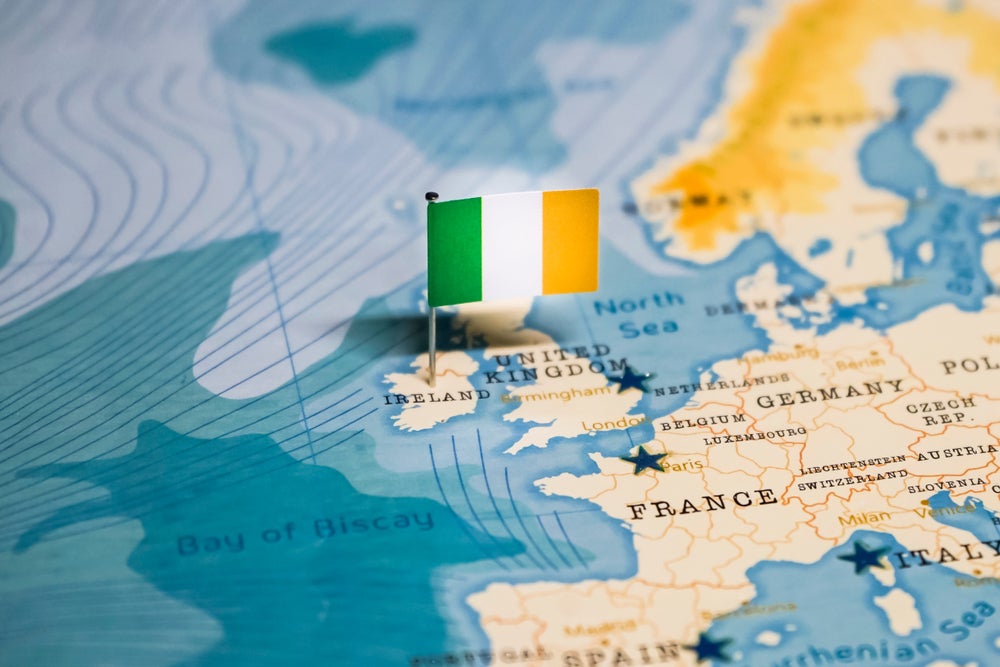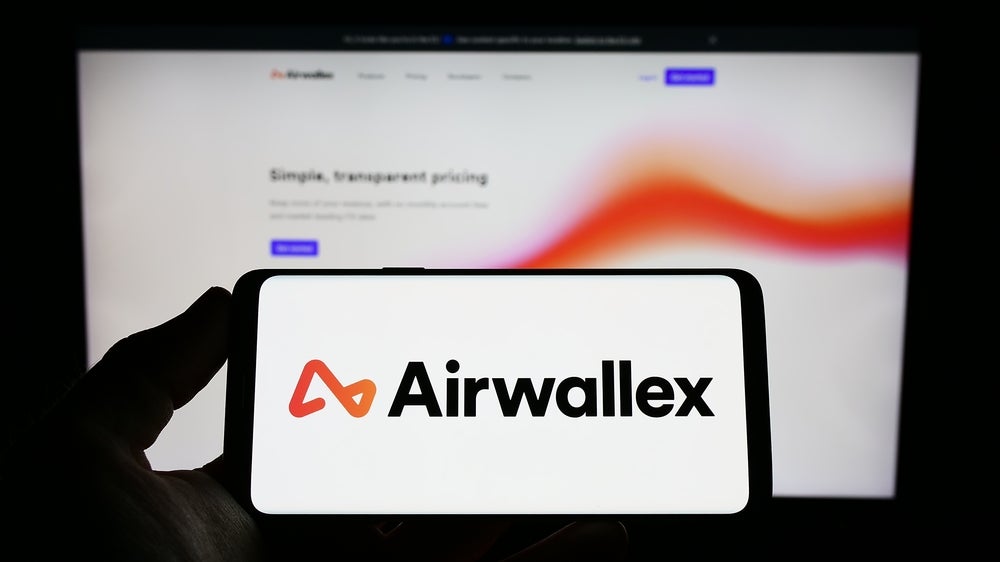It’s not often a conference speaker gets up and off the cuff delivers a singlehanded slating of a host country’s ecosystem that everyone would usually be there to promote.
Such was the dire experience of Javier Santamaría Navarrete, Chairman of the European Payments Council (EPC), trying to buy a ticket on the Deutsche Bahn upon arrival in Berlin for the Merchant Payment Ecosystems conference that he issued a dressing down of the highest order.
For the hosts: embarrassing. And it wasn’t the first reference to the fact that Germany is, still, surprisingly behind most of the other developed economies in Europe in terms of electronic payments, or indeed payment innovation of any kind.
For Navarrete, who freely shared he travels with several cards in order to avoid any scenario whereby one or more may not be accepted, the situation clearly warranted a rant.
Firstly, of several machines at the train station, he could not use cash because each one accepted exact cash only. Handy, when you’ve just arrived in a country with no or only paper or plastic means.
Of Navarrete’s seven cards, two are Amex, “so, no use”.
How well do you really know your competitors?
Access the most comprehensive Company Profiles on the market, powered by GlobalData. Save hours of research. Gain competitive edge.

Thank you!
Your download email will arrive shortly
Not ready to buy yet? Download a free sample
We are confident about the unique quality of our Company Profiles. However, we want you to make the most beneficial decision for your business, so we offer a free sample that you can download by submitting the below form
By GlobalDataTwo are debit, “so, not accepted” and the other three, Visa and MasterCard respectively, “were not legible”.
“After half an hour of trying to pay for a €3.40 ticket, I had to rush for the train”, whereupon he was promptly issued a penalty charge, which, of course, he had to pay in cash.
The EPC says it is committed to safe, reliable, efficient, convenient, economically balanced and sustainable payments.
“Yesterday was not safe, not reliable, not efficient, not convenient, not economically balanced and not sustainable,” Navarrete quipped.
“After this experience, the myths I had about Germany being developed have been obliterated,” he continued. Ouch.
“Had I been a member of parliament, yesterday would have been evidence that the market is not working. And that is why we need to change it.”
Those who weren’t wincing in the auditorium couldn’t help but laugh. It’s too true. Dave Birch had kicked off proceedings in the morning with a rant against BA’s “pointless” POS system and German airport cabs that do not take cards. Those that do, often charge for the so-called privilege, according to Sheri Brandon, Head of Transaction Banking at TIETO. Having been asked to pay a €1.10 charge for using a card for a €9 cab journey, she reached for her cash purse.
Said Marc-Henri Desportes, general manager of Worldline, of the transition away from cards, “Germany is still the most cash-oriented place in Europe, you cannot force the change.”
Even in the words of the Emerging Payments Association in a recent report on ideal European bases for fintechs, Germany was seen as resistant to change.
“Germany has built an impressive reputation for being antagonistic to the innovative European payments sector. In nearly every aspect of interpretation of the key EU laws in this sector, Germany has often excelled at taking the hardest and narrowest interpretation. This has led to what appears [to be] a climate of fear.”
If the world is going to be cashless by 2040, as conjectured by Sheri Brandon, and agreed upon by her fellow panel members, Germany looks like it might lag behind on that one. And indeed it wouldn’t be the only one. But, in the interests of balance, there is always an upside. They’re alright at football, aren’t they?








